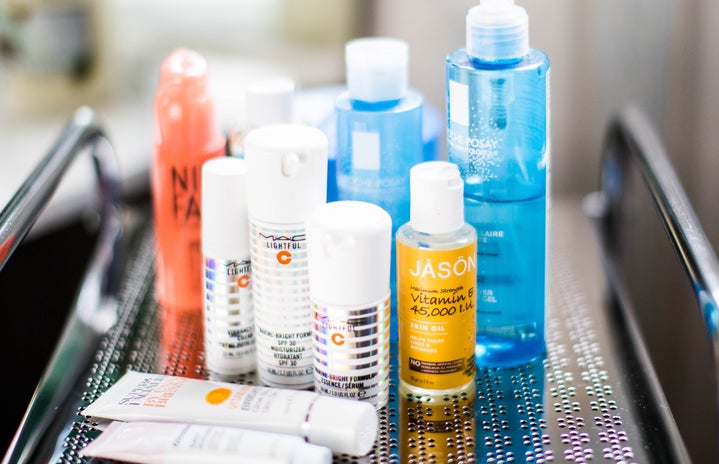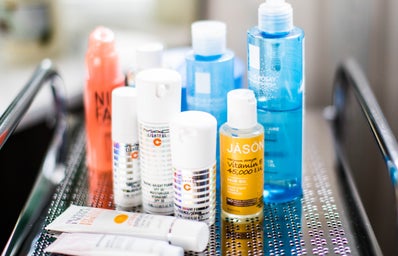Everyday, we wake up with a purpose.
Before going to bed at night, along with unwinding, we also think about the upcoming day. We map out everything from the moment we wake up to the time we land up in bed again. But how much of our plan do you think is for our own self? Our ideas and motivations stem from the need to please. Pleasing isn’t explicitly wrong until we begin to focus on pleasing others rather than our own selves. Usually, most of our activities centre on the expectations, deadlines and requirements of others rather than those of the self. Although many of us believe that satisfying others and getting validation and appreciation is the key to boosting confidence and esteem, it doesn’t quite work that way.
A teenage girl of fifteen goes to bed every night with a fear of not being accepted by her peer group in school. She feels her nerves trembling with stress, her head heavy with burden and worry of the thought of a pimple scarring her face. She experiences her self-esteem wear away as she imagines her friends mocking her about every strand of hair that grows on her chin. She trembles at the thought of gaining weight and instantly searches ‘how to get rid of cellulite on thighs in 10 days’ on Google. The thought of her unwaxed arms and legs worries her and she immediately decides not to wear her floral skirt to school the next day. In the end, all that remains is her disappointment with the self.
These notions of beauty set and constructed by our society make us question our appearances on extremely superficial grounds. Acceptance and conventional standards of beauty have become synonyms of each other. What one needs to realise is that such unrealistic beauty expectations are merely social constructions.. They’ve unfortunately become parameters of judging and letting people into social circles. Young girls get trapped in false illusions of beauty that strip them off their confidence at every level, merely to please the society around. If this doesn’t sound real to you, try and ask yourself (and others around you), how many people actually dress for themselves? How many, in fact, wear those uncomfortable stilettos and short dresses to feel good about themselves rather than impress others? Probably, a very small number of people. How many take decisions, work, and live for themselves rather than for others?
It’s time we realise the importance of feeling good about ourselves, believing in our abilities and accepting our flaws as enhancers of our beauty. Instead of wondering about what others think, why don’t we form our own opinions about our self?. Why do we let flaws have a negative meaning? Can’t we think simply think of them as what makes us all humans? After you accept yourself just the way you are, once you’re satisfied with who you are, the comments from the outside would just seem like noise and chaos that you’ll be oblivious to.
Edited by Vasudha Malani


